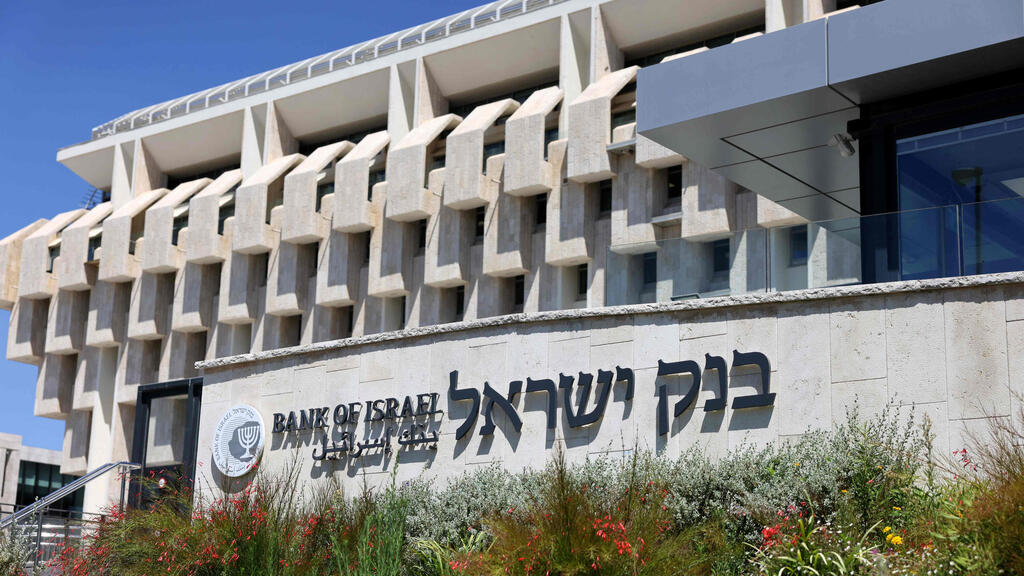Against the backdrop of high inflation and the wave of price increases, the Bank of Israel raised the basic interest rate to 4.75%; The bottom line: a heavier burden of mortgages, when the average repayment will increase by about NIS 1,150 per month (over $300)
More Stories:
The Monetary Committee of the Bank of Israel, chaired by Governor Amir Yaron, decided to raise the basic interest rate by another quarter of a percentage point to 4.75%, and the prime rate to 6.25%, the central bank announced on Monday. Starting next week – a delay from Thursday because of the Shavuot holiday – the Bank of Israel's interest rate will be the highest since December 2006, when it stood at a rate of 4.5%.
Following the Bank of Israel's decision, thousands more borrowers of mortgage loans are expected to encounter difficulties in meeting their monthly loan repayments, which have already risen by hundreds, and even thousands, of shekels per month. According to the Association of Mortgage Advisors, the average mortgage repayment has increased by 1,150 shekels (over $300) per month since interest rate rose in April 2022.
"Economic activity in Israel remains strong, although there is some moderation in a number of indicators. The labor market remains tight and in a full employment environment. Inflation is above the target range, and is high over a wide range of CPI components. The tighter monetary policy and moderation of activity abroad are expected to lead to a slowing in the pace of inflation alongside some slowdown of economic activity in Israel," the committee said in a statement.
This is the tenth consecutive increase in the basic interest rate in the economy by the Bank of Israel since mid-April 2022, when the interest rate was at an all-time low in Israel, at only 0.1%, and the prime interest rate stood at a low rate of only 1.6%, which encouraged the taking of the cheap mortgages and the purchase of apartments in unprecedented numbers. The economic situation today is completely different, and the high interest rate has led to a stagnation in the real estate market, in which the purchase of apartments in Israel has recently dropped to its lowest level in years and the market has actually been "stuck" for several months.
2 View gallery


The average mortgage repayment will increase by about NIS 1,150 per month
(Photo: Aharon Krohn/TPS)
Alongside all of this, since the beginning of the month, Israel has been swept by a wave of price increases in regulated and non-regulated food products. Every day seems to bring with it another giant company announcing price increases, and in the coming days an increase in the prices of regulated bread is also expected. This has occurred at the same time as inflation in Israel reared its head alarmingly in April, with a particularly high increase of 0.8%, while in the May index another high increase is expected. These data certainly influenced the interest rate decision, which was designed to cool market demand and try to stop the outbreak of inflation.
During the last period, the Moody’s credit rating agency lowered its ratings forecast for Israel from positive to stable, and left its rating unchanged. S&P left both its rating and its forecast unchanged. Against the background of these decisions, there was some volatility in the markets, the committee pointed out.
The committee noted that the volume of activity in the housing market continues to moderate. Home price increases in the past 12 months moderated to 11% and prices remained unchanged in April following a slight decline in March. The declines in the number of housing transactions and in new mortgage volume continue, while the stock of unsold homes held by developers increased markedly in the past year. In April, new mortgage borrowing totaled NIS 4.6 billion ($1.3 billion), the lowest level since the end of 2019.
The committee will again consider the interest rate in July.


